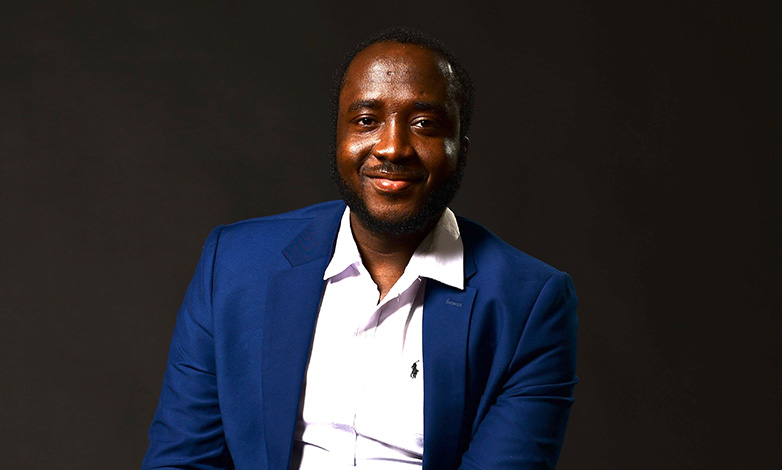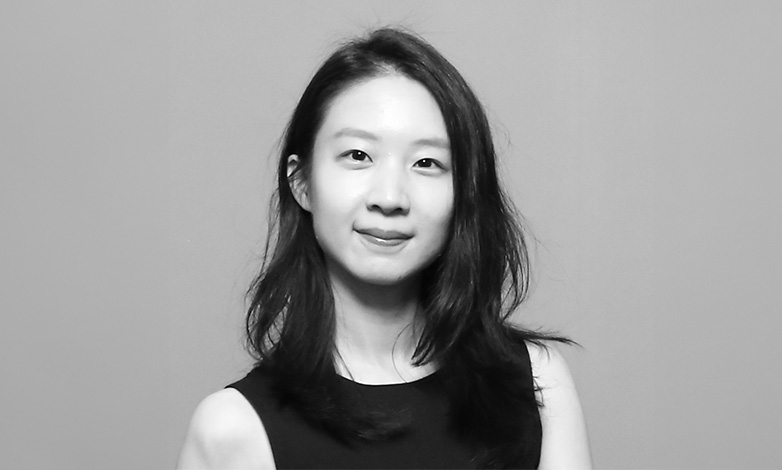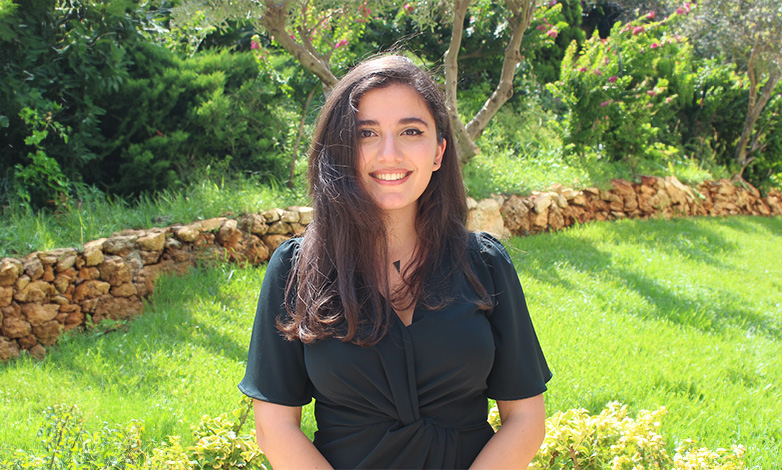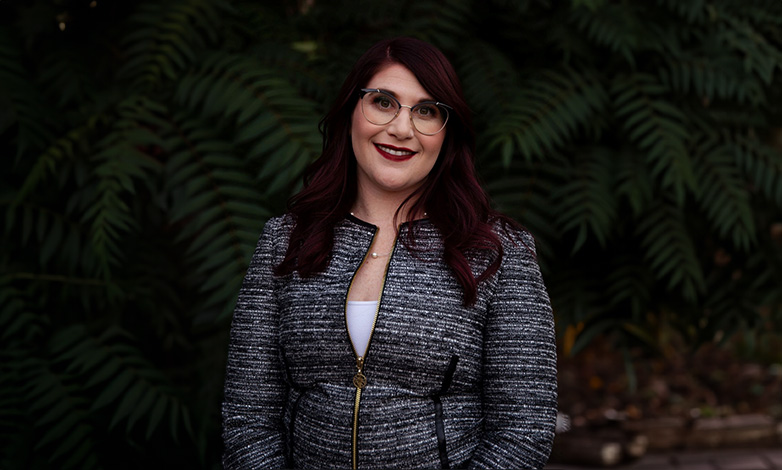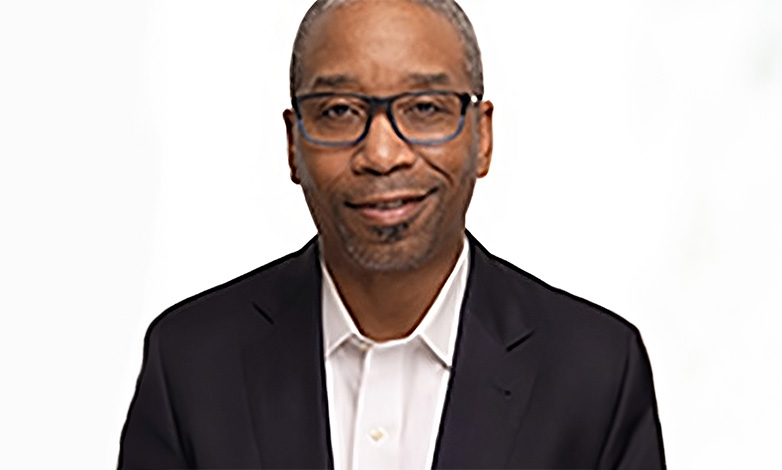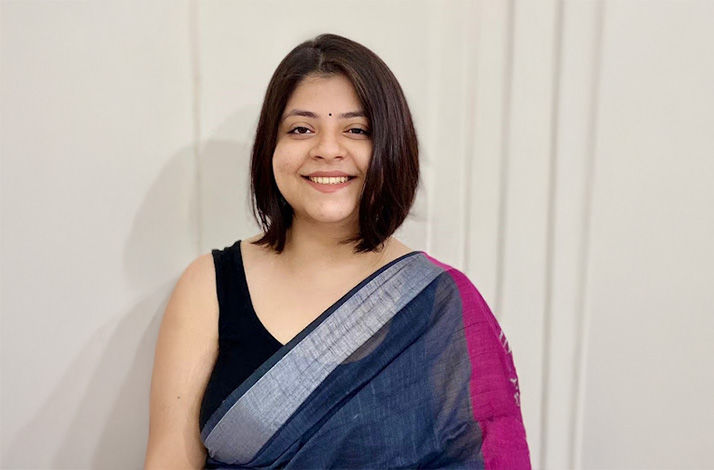Test Page Default template
Heading 2
Heading 3
Heading 4
Heading 5
Heading 6
- This is a List
- Bolded List
- Linked link
- This is a List
- Bolded List
- Linked link
Table
| Type of Practicum | Education Required | Education Required | Contact for More Information |
|---|---|---|---|
| MSW Foundation Practicum: Provides generalist skills for a student in their first year of the MSW program | Master of Social Work degree | 2 years post-MSW; 1 year at the current position | Field Site Coordinator ofe@wustl.edu |
| MSW Concentration Practicum: Provides skills tied to the specific field of practice an MSW student is focusing on | Master of Social Work or a related master’s degree | 2 years post master’s degree; 1 year at the current position | Field Site Coordinator ofe@wustl.edu |
| MPH Practicum | Master’s degree or higher, and currently directly working in public health or connected to your organization’s public health mission For field instructors supervising Epidemiology/Biostatistics students, substantive experience in epidemiology or biostatistics or a minimum of a Master’s degree in Public Health | 2 years post master’s degree; 1 year at the current position | Kate Barbier Lecturer barbierk@wustl.edu |
Cover Block
Use for call outs. This is a native wordpress block. Add an image or video with a text overlay. MP4 can also loop in this block.

Tuition-Free Practicums with Stipends for All MSW Students
The Brown School is the first to ensure every MSW student receives support for required practicum credits and living expenses.
Media with Text.
Set media and words side-by-side for a richer layout. This works best with a image and a small about of text.
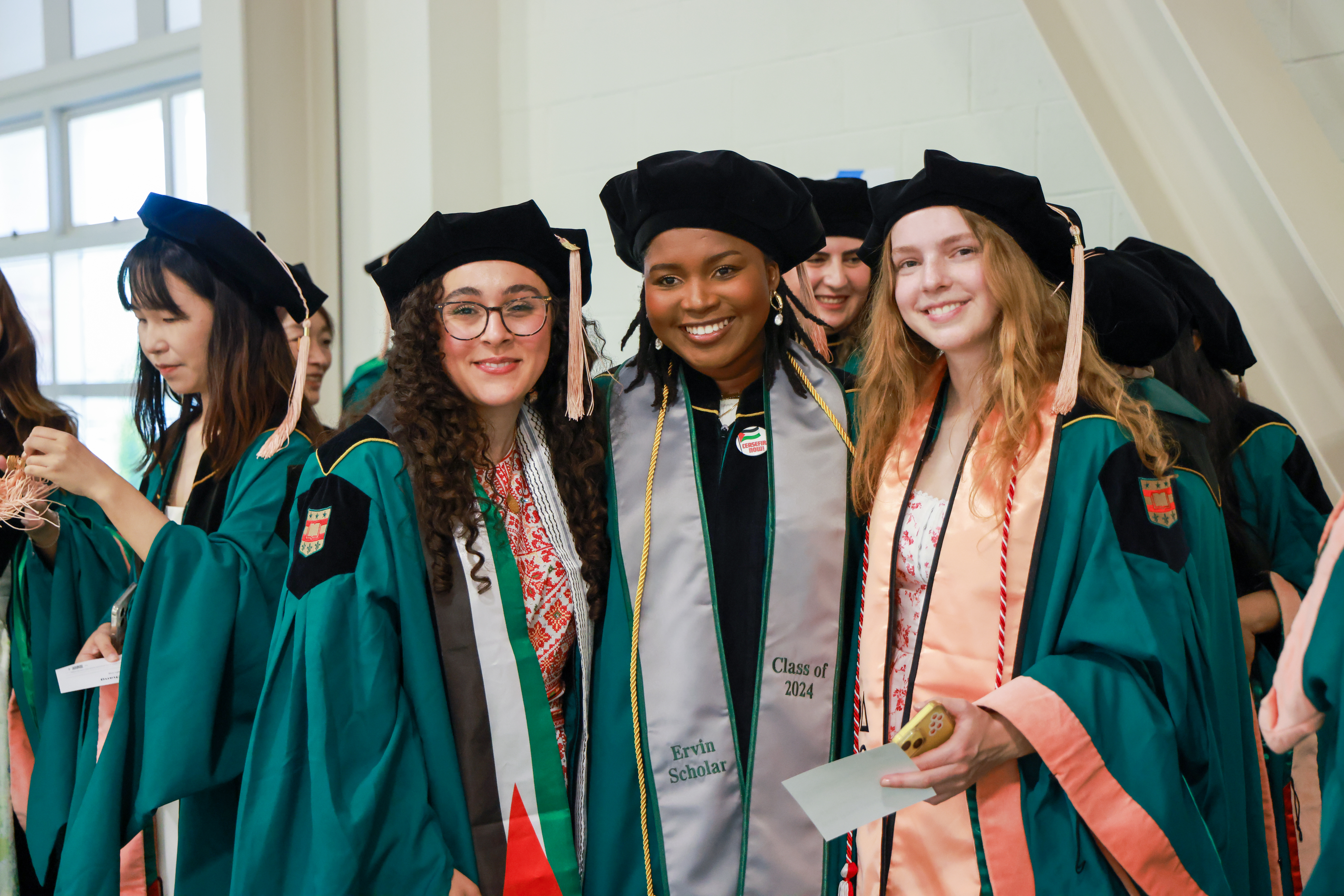
WashU 3-2 MSW Admissions Open House Friday
January 30 from 12:00 – 2:30 pm
Goldfarb 137
Undergraduate students from WashU’s College of Arts and Sciences are invited to join us at this in-person event (lunch is provided!) to hear more about how to earn your WashU BA + Master of Social Work in just five years. Attendees will have a chance to connect with other prospective members of your cohort, hear from current students, and talk with MSW and admissions staff. Registration closed January 28.
Legacy Brown School Blocks
These block are holdovers from the Sharepoint site.
Program Studies (Legacy: retire 2026)
A block displaying a collection of links.
As a Part of Your Msw, You’ll First Select a Concentration to Define Your Study. After That, You Can Add a Specialization for Increased Expertise in a Particular Area.
